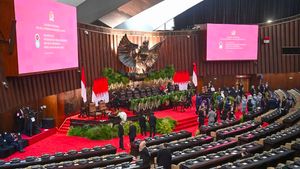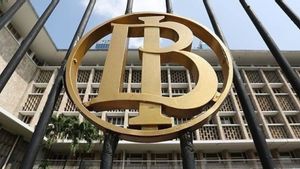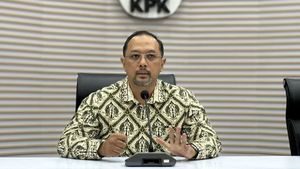JAKARTA - UNS economic observer, Mulyanto revealed that overcoming the budget deficit is the first challenge for the Prabowo Subianto and Gibran Rakabuming Raka administration.
According to him, the addition of the number of ministries including other new institutions and agencies in the upcoming administration will further burden the state's finances. In fact, the Indonesian budget profile in 2024 experienced a deficit because state revenues were only around IDR 2,800 trillion while state spending reached IDR 3,300 trillion
"This means there is a deficit of around IDR 500 trillion this year. The consequence of adding ministries and institutions is of course a budget overrun. Okay, increase the number, but don't let it increase the budget deficit," said Mulyanto, Sunday, October 20, 2024.
He explained that the solution that is generally taken if there is a budget deficit is debt. However, the future government must pay close attention to the debt ratio, which is said to be safe if it is less than 60 percent of GDP.
SEE ALSO:
“According to several analysts, Indonesia's debt is now more than IDR 8,000 trillion. When divided by GDP, the figure is approaching 60 percent. Now this is homework for Mr. Prabowo not to widen the budget deficit because it will affect the state debt," he added.
Mulyanto added that optimizing state revenue and spending efficiency could actually be a solution to prevent budget swelling. The requirement is that the Prabowo-Gibran government must be able to ensure that generating income grows and can curb spending.
"The term is spending better so that the budget deficit does not swell again. That's why financial performance is important. When the APBN has large spending but small revenue capacity, it will definitely go to debt. Well, that debt leaves a burden for future generations," he said.
Unfortunately, the Prabowo-Gibran government will also not find it easy to boost state revenue, including from the tax sector. This is because so far tax realization has not been optimal considering the weak purchasing power of the community and low per capita income.
"So how can the community pay taxes and be able to increase state revenue if their purchasing power and per capita income are not strengthened," said Mulyanto.
The English, Chinese, Japanese, Arabic, and French versions are automatically generated by the AI. So there may still be inaccuracies in translating, please always see Indonesian as our main language. (system supported by DigitalSiber.id)

















